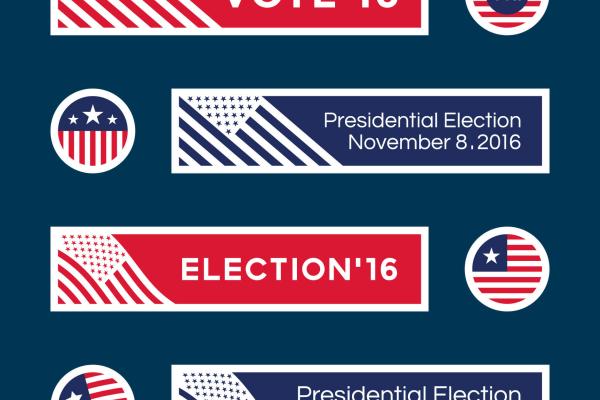Nov 1, 2016
You should call the Lawyers’ Committee for Civil Rights Under Law hotline 866-OUR-VOTE (866-687-8683) if you, or someone you know, are notified that you can’t vote, or can vote only under certain circumstances, and you suspect that unlawful practices are to blame for the difficulty.
Likewise, you should call the hotline if you notice at the poll any of the following eight possible signs of voter suppression, or if you notice blatant voter intimidation.
Read the Full Article

Already a subscriber? Login
